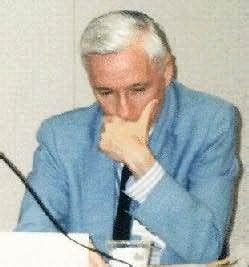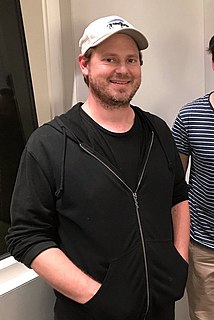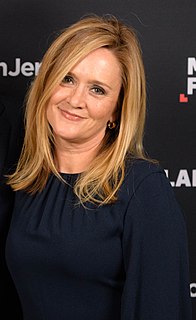A Quote by Paul Simon
People ask how I feel about getting old. I tell them I have the same question. I'm learning as I go.
Related Quotes
Do not ask the stones or the trees how to live, they can not tell you ; they do not have tongues; do not ask the wise man how to live for, if he knows , he will know he cannot tell you; if you would learn how to live , do not ask the question; its answer is not in the question but in the answer, which is not in words; do not ask how to live, but, instead, proceed to do so.
Ace of Spades says that this became clear to him in a revelation one night. He was watching Chris Matthews interview [Barack] Obama, and he didn't get one question! He didn't ask Obama one question about how Obamacare works. Every question was one degree or another: How do you feel about [John] Boehner opposing it? How do you feel about it? What will make you happy? Do you think you can get it? [It] was irrelevant!
People think they don’t understand math, but it’s all about how you explain it to them. If you ask a drunkard what number is larger, 2/3 or 3/5, he won’t be able to tell you. But if you rephrase the question: what is better, 2 bottles of vodka for 3 people or 3 bottles of vodka for 5 people, he will tell you right away: 2 bottles for 3 people, of course.
I want people to think about movies and how we watch them. Let them know it's okay to question the structure or how we're sometimes duped into a false sense of normalcy. Most of all, I want people to question the old standard practices of, 'This is how the structure of something should work,' or, 'This is how a character must behave.'
And one day we must ask the question, "Why are there forty million poor people in America?" And when you begin to ask that question, you are raising questions about the economic system, about a broader distribution of wealth. When you ask that question, you begin to question the capitalistic economy.
When you go to that other country you realize that in France and in England, you don't ask somebody what they do for a living when you meet someone. A lot of the obvious things, the shortcuts we take in America - in America you can talk about money all you want. You can ask how much they make, rent they pay, how much their house costs and how much their car costs, and they'll feel comfortable telling you. But it's scandalous to ask anyone in England or France a question like that.
Whence came I, whither go I? Science cannot tell us a word about why music delights us, of why and how an old song can move us to tears. Science is reticent too when it is a question of the great Unity – the One of Parmenides – of which we all somehow form part, to which we belong. The most popular name for it in our time is God – with a capital ‘G’. Whence come I and whither go I? That is the great unfathomable question, the same for every one of us. Science has no answer to it.
When you go to a voice-based interaction, you can't tell people, 'Ask me this question and structure it in this way.' And if they ask a question, and you have a bad answer, first time, maybe they'll be okay with it. Third time, they're going to say, 'This is a complete waste of time. I'm going away.'
If I had lost a leg, I would tell them, instead of a boy, no one would ever ask me if I was 'over it'. They would ask me how I was doing learning to walk without my leg. I was learning to walk and to breathe and to live without Wade. And what I was learning is that it was never going to be the life I had before.
"Where do you get your ideas?" That's the one question I'm genuinely sick of being asked, and also genuinely fascinated by. What fascinates me is not that people ask the question, but what kind of answer are they really looking for? Because if I tell them the truth, which is "I make them up," they seem very disappointed. They want to know about the trek I do once a year to the mountain.
People always ask, "How do you get in the mind of the teen reader?" I think all human beings have these common threads. We struggle with the same things. We desire love and attachment. We have to sort out how much we want to be attached and be independent, how we manage need and being needed and being hurt. These are things that begin when we're - how old? Then in those teen years we start to really feel them.




































